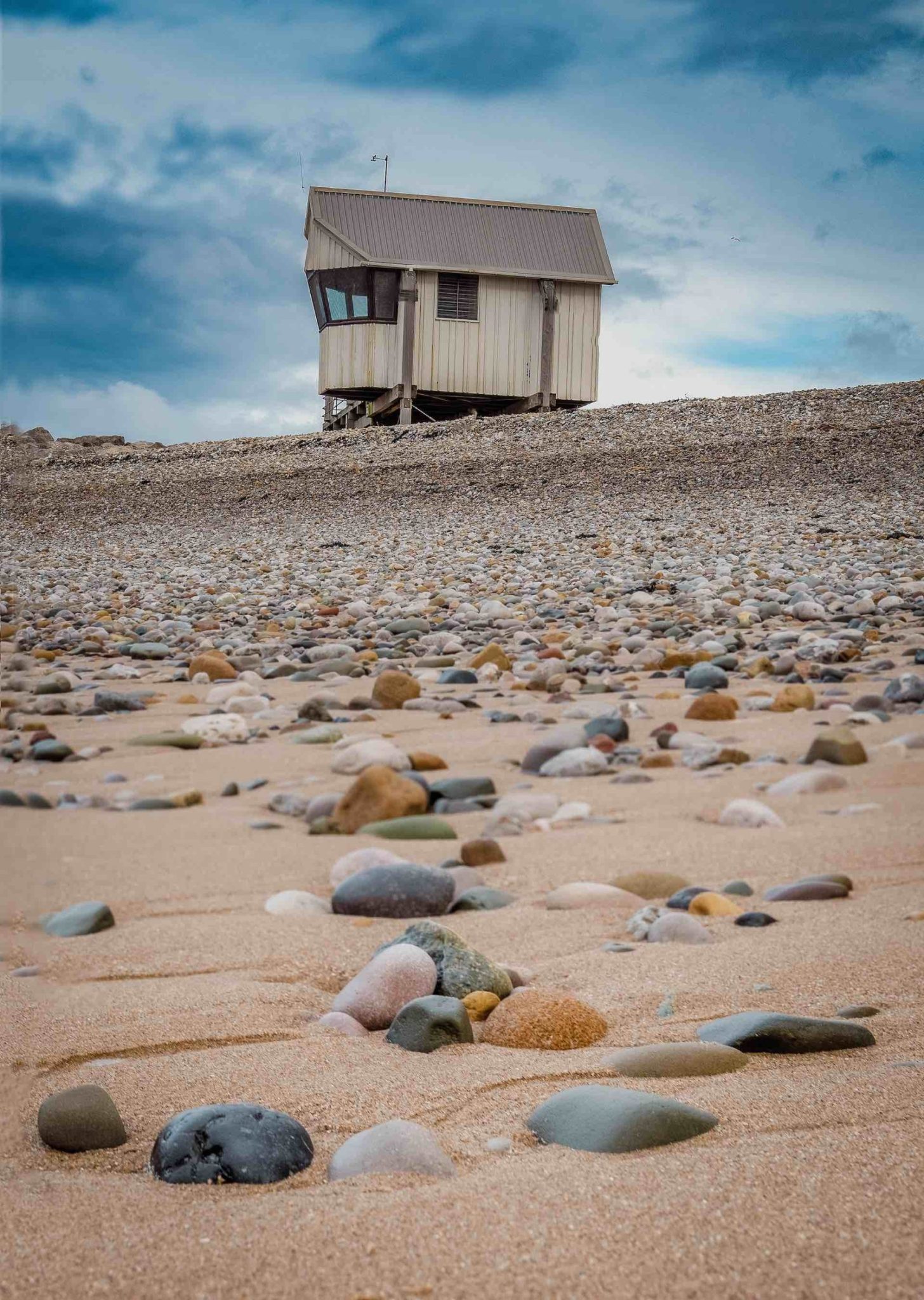The first recorded use of the word ‘staycation’ was in a brief article in the Cincinnati Post in 1944.
But no one seemed to notice.
It was not until the comedian Brent Butt used the term in an episode of the long-running Canadian sitcom ‘Corner Gas’ in 2005 that the word took on a life of its own.
By 2009 it had been added to the Merriam-Webster dictionary as one of 100 ‘new’ words.
But even then most of us did not regularly use ‘staycation’ until the lifting of the covid lockdowns, when flights abroad were either non-existent or mired in chaos.
Suddenly everyone was talking about staycations, sometimes with a touch of irony.
Having a new word allows us to reframe the thing we are describing. Places we might previously have dismissed, or may never have considered at all, gained a certain allure with this new lens. ‘Staycation’ gave British holidays a much needed rebrand.
And while trips abroad are returning to pre-pandemic levels, trips within the UK are increasing in popularity too, often in the form of short breaks.
The places that have always been popular are as busy as ever. The Lake District, Cornwall, Edinburgh and York are heaving with visitors during peak times.
But in the aftermath of covid some lesser known places are getting some of the spotlight too.
Seaside resorts that have struggled for years with declining visitor numbers, crumbling attractions and terrible deprivation are showing signs of life.
Margate, once a byword for decay, is one example.
Although many problems persist, a £25m renovation of the 1920s amusement park Dreamland helped spur renewed investment. The opening of a new art school and studio complex by Tracey Emin, who grew up there, has attracted creatives from across the UK and beyond.
Acclaimed new restaurants, coffee bars, hotels and boutiques are evidence of Margate’s newfound confidence.
Last year Time Out called Cliftonville in Margate “the coolest neighbourhood in the UK” which would have been unthinkable not long ago.
The rise of remote working, lower housing costs, and a calmer pace of life make the UK’s neglected seaside resorts attractive to city dwellers. This spurs entrepreneurs to open businesses to serve this new clientele, which in turn makes the resorts more attractive for anyone to visit.
The staycation is here to stay, and a place like Morecambe, with the Eden Project on the horizon, stands to benefit.










